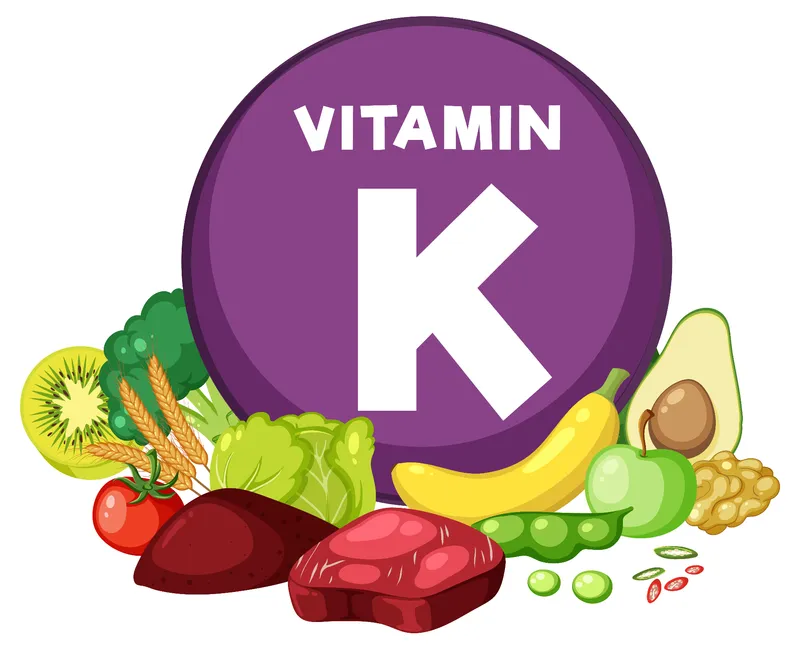
Vitamin A
Functions: Supports normal vision, integrity of epithelial cells (mucous membranes and skin), reproduction, embryonic development, growth, and immune response.Deficiency symptoms: Ocular disturbances leading to blindness, growth retardation, dry skin, diarrhea, vulnerability to infection.
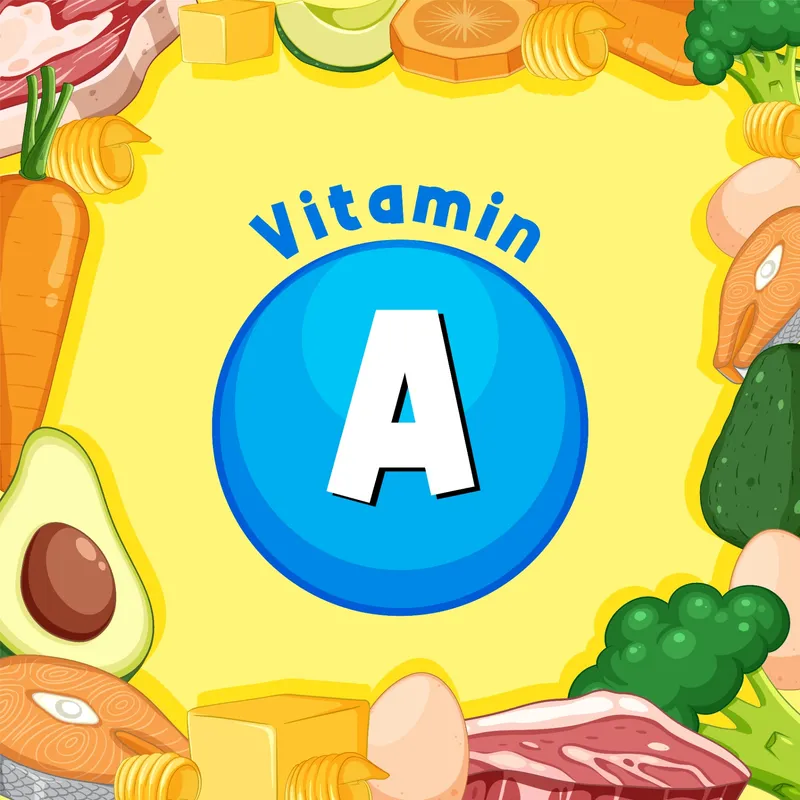

Vitamin B1 (Thiamin)
Functions: Component of a coenzyme in carbohydrate metabolism; supports normal nerve function.Deficiency symptoms: Impairment of the nerves and heart muscle wasting.
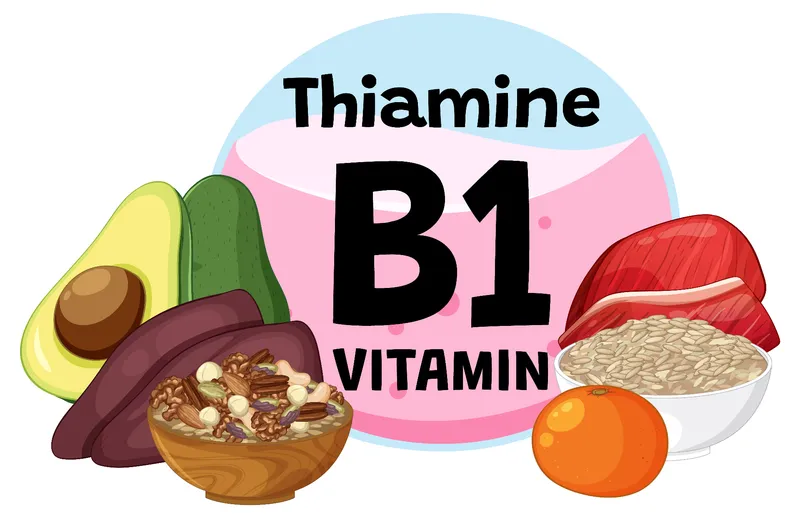

Vitamin B2 (Riboflavin)
Functions: Component of coenzymes required for energy production and lipid, vitamin, mineral, and drug metabolism; acts as an antioxidant.Deficiency symptoms: Inflammation of the skin, tongue, and lips; ocular disturbances; nervous symptoms.
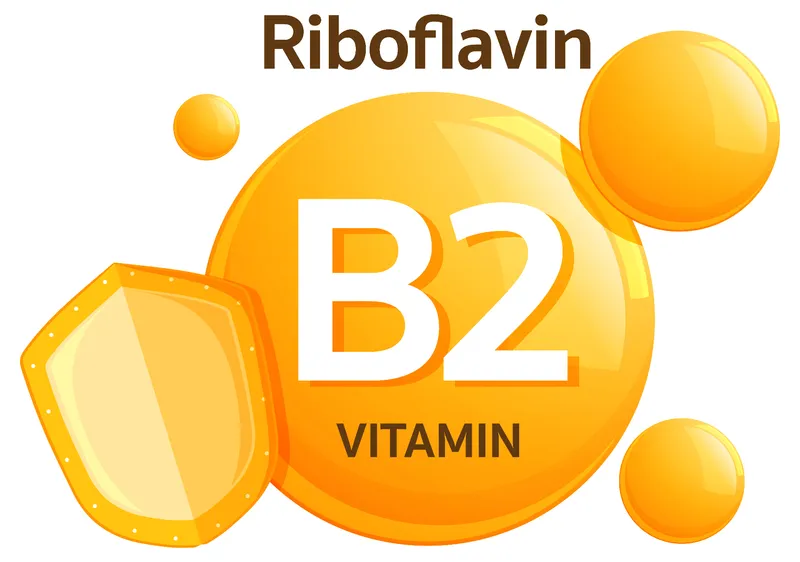

Vitamin B3 (Niacin)
Functions: Component of coenzymes used broadly in cellular metabolism, oxidation of fuel molecules, and fatty acid and steroid synthesis.Deficiency symptoms: Skin lesions, gastrointestinal disturbances, nervous symptoms.
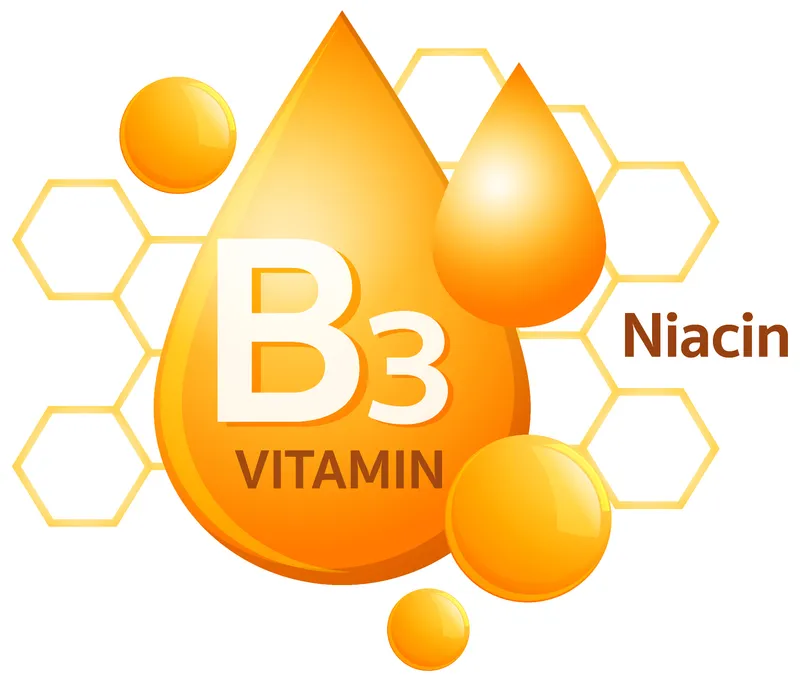

Vitamin B5 (Pantothenic Acid)
Functions: As a component of coenzyme A, essential for metabolism of carbohydrate, protein, and fat; cofactor for elongation of fatty acids.Deficiency symptoms: Weakness, gastrointestinal disturbances, nervous symptoms, fatigue, sleep disturbances, restlessness, nausea.
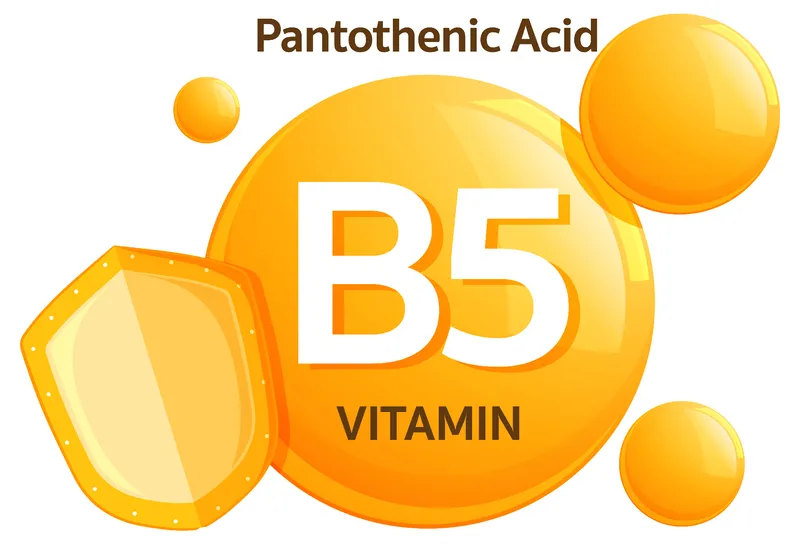

Vitamin B6
Functions: Component of coenzymes in metabolism of amino acids and other nitrogen-containing compounds; synthesis of hemoglobin, neurotransmitters; regulation of blood glucose levels.Deficiency symptoms: Dermatitis, mental depression, confusion, convulsions, anemia.
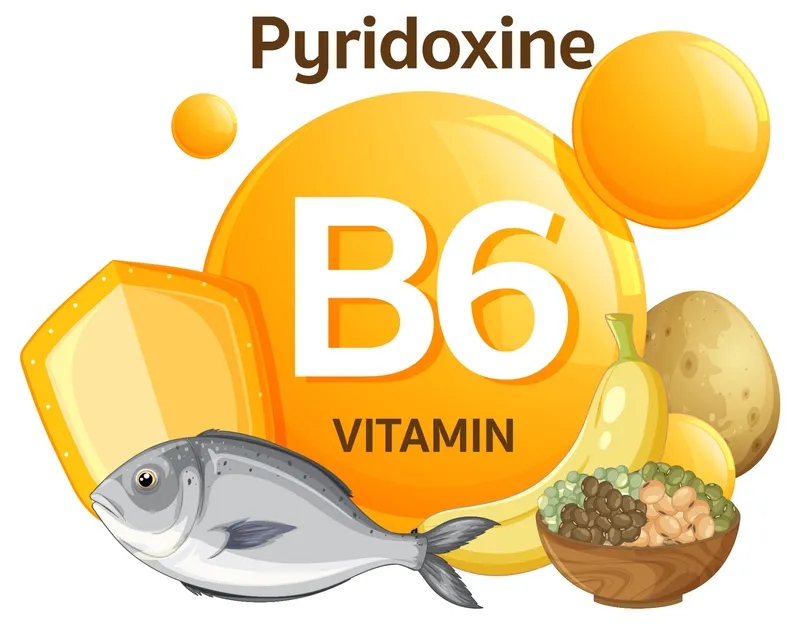

Vitamin B7 (Biotin)
Functions: Cofactor in carbohydrate, fatty acid, and amino acid metabolism.Deficiency symptoms: Dermatitis, hair loss, conjunctivitis, neurological symptoms.


Vitamin B9 (Folic Acid or Folate)
Functions: Component of coenzymes in DNA synthesis, metabolism of amino acids; required for cell division, maturation of red blood cells.Deficiency symptoms: Impaired formation of red blood cells, weakness, irritability, headache, palpitations, inflammation of mouth, neural tube defects in fetus.
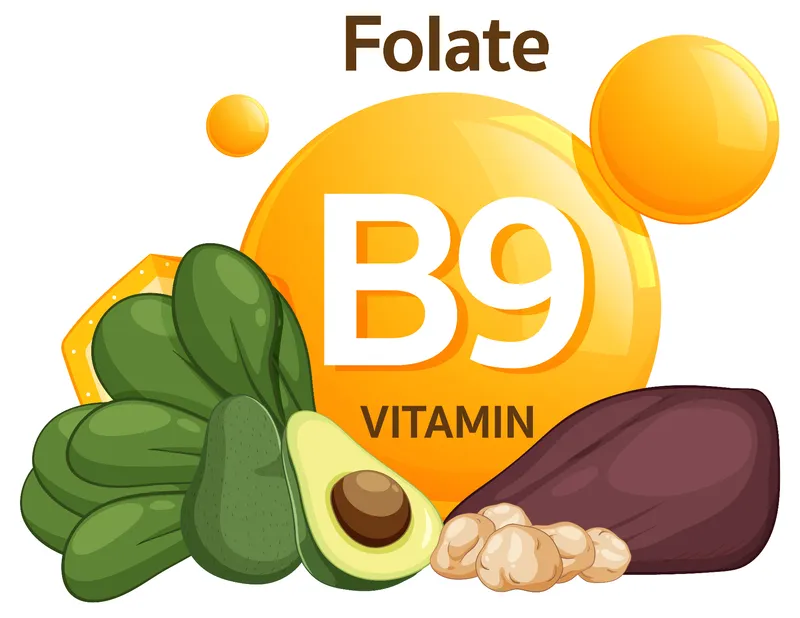

Vitamin B12 (Cobalamin)
Functions: Cofactor for enzymes in metabolism of amino acids (including folic acid) and fatty acids; required for new cell synthesis, normal blood formation, and neurological function.Deficiency symptoms: Smoothness of the tongue, gastrointestinal disturbances, nervous symptoms.
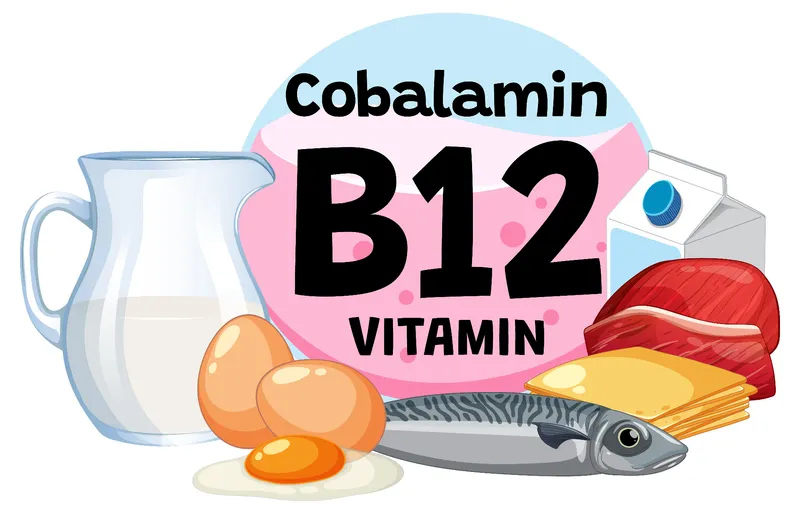

Vitamin C (Ascorbic Acid)
Functions: Acts as an antioxidant; supports synthesis of collagen, carnitine, amino acids, and hormones; enhances immune function; improves absorption of nonheme iron from plant foods.Deficiency symptoms: Swollen and bleeding gums, soreness and stiffness of the joints and lower extremities, bleeding under the skin and in deep tissues, slow wound healing, anemia.


Vitamin D
Functions: Maintenance of blood calcium and phosphorus levels, proper mineralization of bones.Deficiency symptoms: Defective bone growth in children, soft bones in adults.
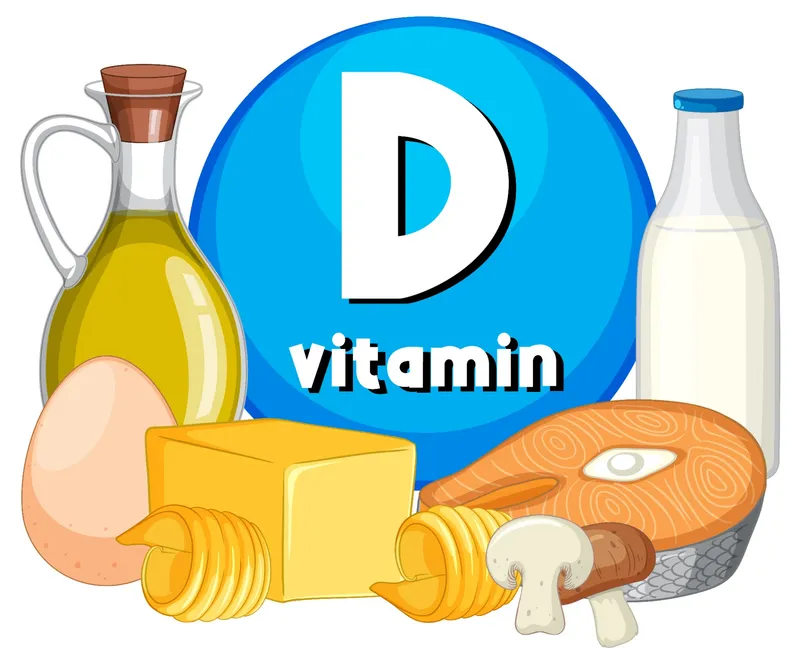

Vitamin E
Functions: Acts as an antioxidant; interrupts free radical chain reactions; protects polyunsaturated fatty acids and cell membranes.Deficiency symptoms: Peripheral neuropathy, breakdown of red blood cells.
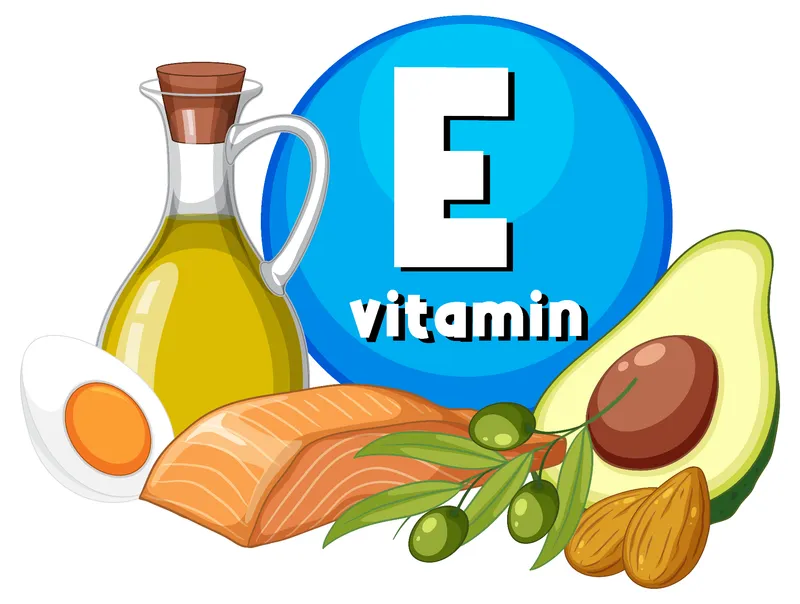

Vitamin K
Functions: Synthesis of proteins involved in blood coagulation and bone metabolism.Deficiency symptoms: Impaired clotting of the blood and internal bleeding.
